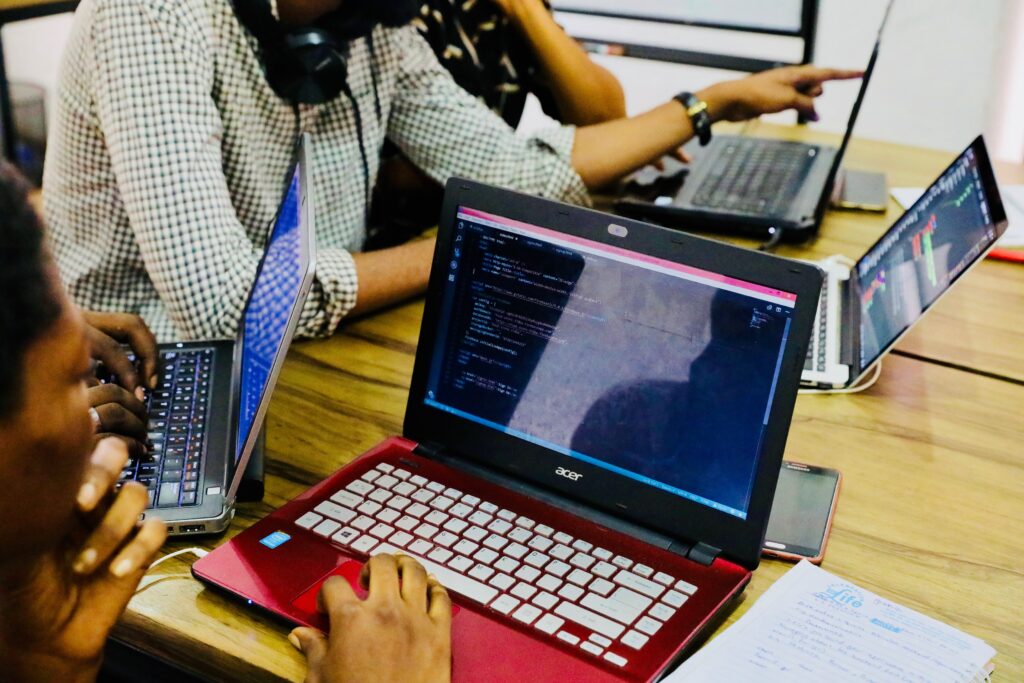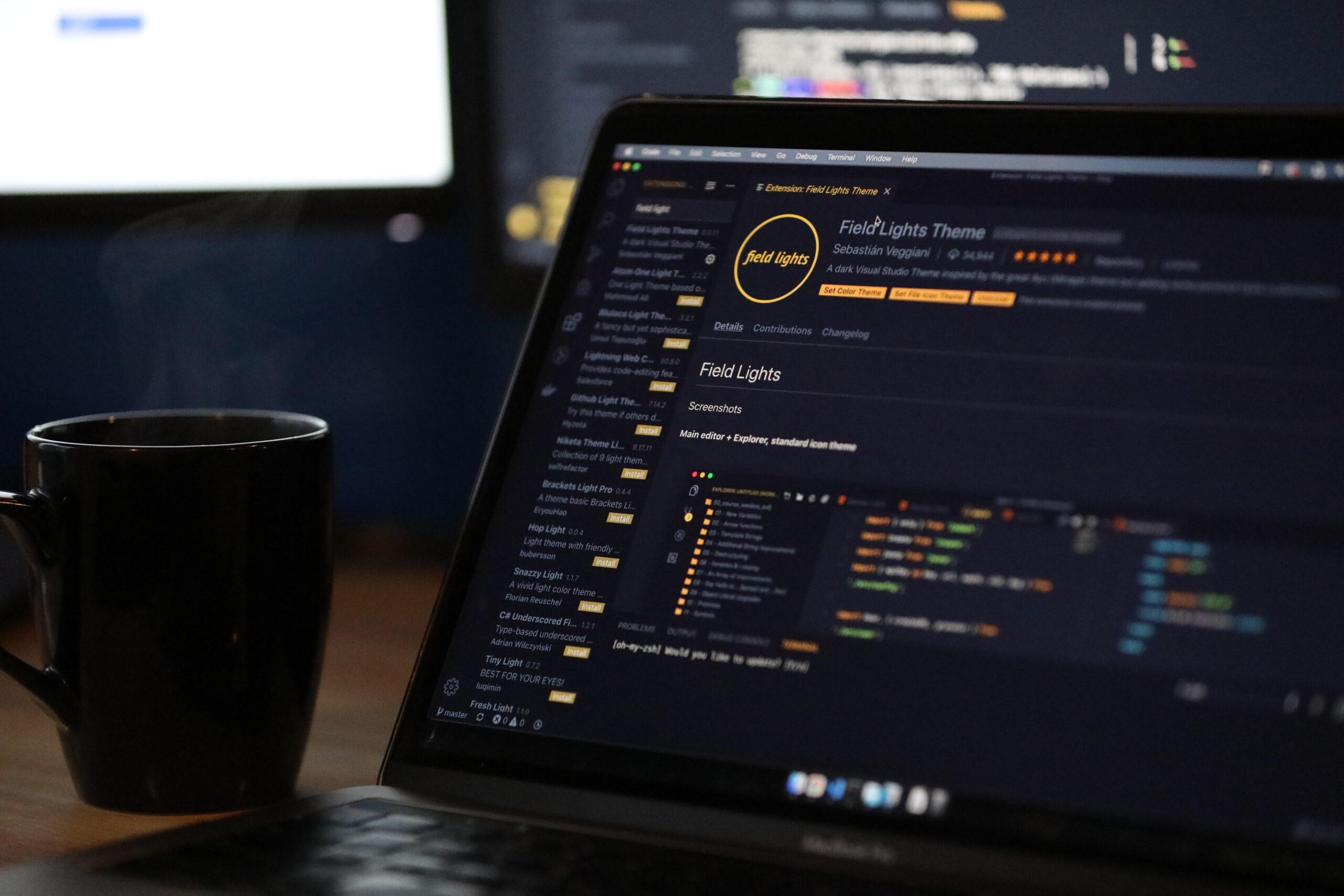Code review is an essential part of the software development process that ensures code quality, improves collaboration, and helps deliver high-quality software products. It involves the examination of code by peers or team members to identify issues, provide feedback, and make suggestions for improvement. In this article, we explore effective code review practices that promote high-quality software development, enhance team collaboration, and lead to more efficient and reliable codebases. By understanding and implementing these practices, organizations can foster a culture of continuous improvement and produce software that meets the highest standards of quality.
Establishing a Positive Code Review Culture

Encouraging Respectful and Constructive Feedback:
Creating a positive code review culture starts with establishing a respectful and constructive environment. Team members should provide feedback in a courteous and constructive manner, focusing on the improvement of the code rather than personal criticism.
Embracing Continuous Learning:
Code reviews should be viewed as opportunities for continuous learning and skill development. Encourage team members to share knowledge, exchange ideas, and learn from each other’s expertise. This collaborative approach promotes growth and helps raise the overall skill level of the team.
Conducting Effective Code Reviews
Reviewing Smaller Code Changes:
Breaking down code changes into smaller, manageable units improves the effectiveness of code reviews. Smaller changes are easier to understand, review, and provide feedback on, resulting in faster and more focused code reviews.
Applying Static Code Analysis:
Leveraging static code analysis tools during code reviews helps identify potential issues and enforce coding standards. These tools can automatically detect common coding mistakes, maintain consistency, and enhance code quality.
Encouraging Peer Involvement:
Involve multiple team members in the code review process to promote diverse perspectives and knowledge sharing. Each reviewer may bring unique insights, leading to more comprehensive reviews and improved code quality.
Providing Constructive Feedback

Focusing on Code Quality and Maintainability:
Code reviews should prioritize aspects such as readability, maintainability, and adherence to coding best practices. Reviewers should provide specific feedback on areas where code can be improved, suggesting alternatives or pointing out potential pitfalls.
Balancing between Prescriptive and Suggestive Feedback:
Code reviews should strike a balance between prescriptive feedback (directly pointing out issues) and suggestive feedback (offering alternative approaches). This approach allows developers to understand the reasoning behind suggested changes and encourages learning.
Timely and Responsive Code Review Process:
Setting Clear Expectations and Deadlines:
Establish clear expectations for code review timelines, ensuring that developers know when to expect feedback and by what deadline they should address the feedback. This helps maintain momentum in the development process and avoids bottlenecks.
Providing Timely and Actionable Feedback:
Reviewers should aim to provide timely feedback, avoiding unnecessary delays. Feedback should be actionable, with clear explanations and recommendations. This enables developers to address the feedback promptly and move forward with confidence.
Conclusion:
Effective code review practices play a pivotal role in achieving high-quality software development. By establishing a positive code review culture, conducting thorough and effective reviews, providing constructive feedback, and ensuring a timely and responsive process, teams can improve collaboration, code quality, and overall software reliability. Code reviews offer a valuable opportunity for knowledge sharing, skill development, and continuous improvement. By embracing these practices, organizations can foster a culture of excellence and produce software that meets the highest standards of quality and performance.
FAQs
What is the purpose of code review in software development?
Code review is a process where team members examine code changes to ensure code quality, identify bugs or issues, and provide feedback for improvement. It helps catch errors early, enhance code readability, and promote collaboration among team members.
Who should participate in code reviews?
Code reviews involve multiple stakeholders, including developers, testers, and project managers. It is beneficial to have peers with diverse expertise and experience participate in the code review process to provide valuable insights and suggestions.
How often should code reviews be conducted?
The frequency of code reviews can vary depending on the project’s size, complexity, and team dynamics. In general, code reviews should be conducted regularly, ideally for every code change, to maintain code quality and catch issues early in the development cycle.
What are some best practices for providing feedback during code reviews?
When providing feedback during code reviews, it is important to be respectful, constructive, and specific. Focus on code quality, maintainability, and adherence to coding standards. Provide actionable suggestions and explanations to help the developer understand the reasoning behind the feedback.
How can code reviews improve collaboration among team members?
Code reviews promote collaboration by fostering knowledge sharing, encouraging discussions, and enabling team members to learn from each other’s expertise. They create opportunities for team members to exchange ideas, improve coding skills, and align their understanding of project requirements and best practices.


insightful
insightful blog